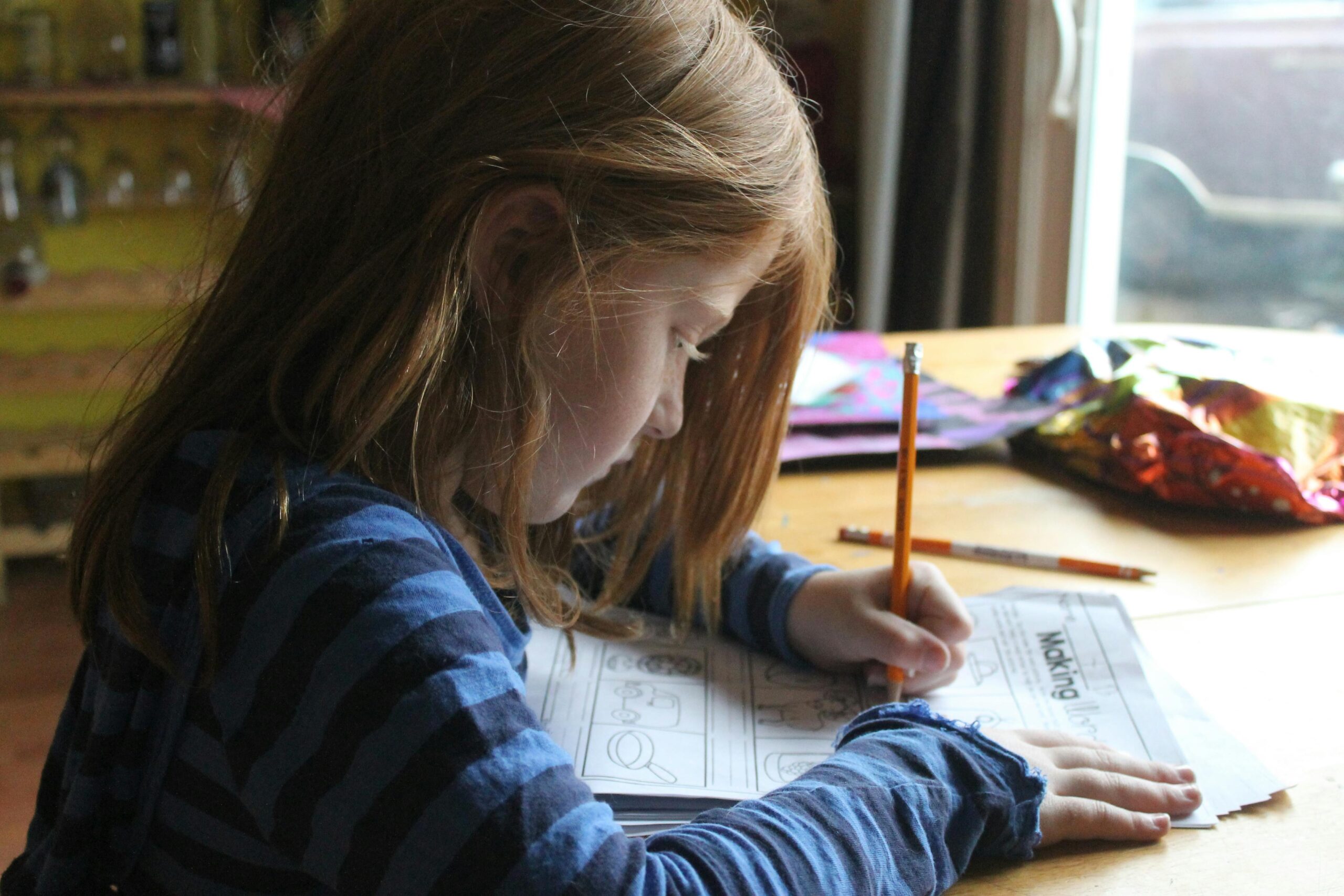5 Ways to Increase Concentration of your Child
In today’s digital age, children are constantly surrounded by distractions that make it challenging for them to focus. Whether it’s schoolwork, hobbies, or daily tasks, improving concentration is crucial for their academic success and overall development. Here are five effective ways to boost your child’s concentration, with real-life examples to help you visualize the impact.

1. Create a Distraction-Free Environment
Imagine your child trying to solve a math problem while the television is on, their younger sibling is playing nearby, and notifications keep popping up on their tablet. It’s nearly impossible to focus! Create a dedicated study space that is quiet, clutter-free, and free from unnecessary electronic devices. For example, a simple study corner with a comfortable chair, good lighting, and a small whiteboard can make a huge difference. Make sure everything they need—books, stationery, and water—is within reach to minimize distractions.
2. Encourage Regular Physical Activity
Think of a day when your child is feeling restless and fidgety. Sitting for long periods without movement makes it harder for them to concentrate. Engage them in activities like jumping rope, cycling, or even a short dance session before studying. Research shows that just 20 minutes of physical activity can boost brain function and help children focus better. For instance, a child who plays outside for half an hour before homework time is more likely to sit still and concentrate compared to one who has been inactive all day.
3. Use Focus-Boosting Techniques
Picture a child staring blankly at their book after 30 minutes of studying, unable to absorb anything. This happens because the brain needs breaks to function effectively. Introduce the Pomodoro Technique, where they study for 25 minutes, then take a 5-minute break before continuing. Encourage mindfulness exercises—ask them to close their eyes and take deep breaths for a minute before starting a task. These small techniques can make a huge difference. For example, a 10-year-old struggling with reading comprehension may find it easier to focus after a short breathing exercise.
4. Provide a Balanced Diet
Imagine a child rushing to school with a sugary cereal for breakfast. By mid-morning, they are sluggish and struggling to concentrate. Compare this to a child who eats a breakfast of whole grains, fruits, and nuts—they remain more energetic and focused throughout the day. Nutrients like omega-3 fatty acids (found in walnuts and flaxseeds) and protein-rich foods (like eggs and yogurt) support brain function. Swap out processed snacks with healthier options like homemade granola bars or fruit smoothies to maintain steady energy levels.
5. Establish a Consistent Routine
Think about how difficult it is to sleep when your bedtime keeps changing. Children need a structured routine to train their brains for focus. Set a fixed schedule for studying, playing, and sleeping. For example, if your child does homework every day from 5:00 to 6:30 PM, their brain will automatically adjust to concentrating during that time. Avoid last-minute cramming and instead, divide study sessions into smaller, consistent slots. A bedtime routine—such as reading a book before sleep—can also improve focus the next day.
By incorporating these practical strategies into daily life, you can help your child develop stronger concentration skills, making learning more effective and enjoyable. Small lifestyle changes, coupled with patience and encouragement, will go a long way in shaping their focus and overall development!


